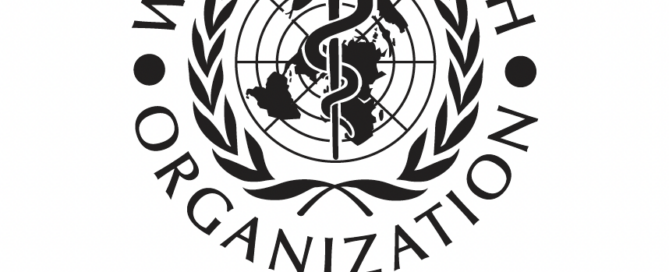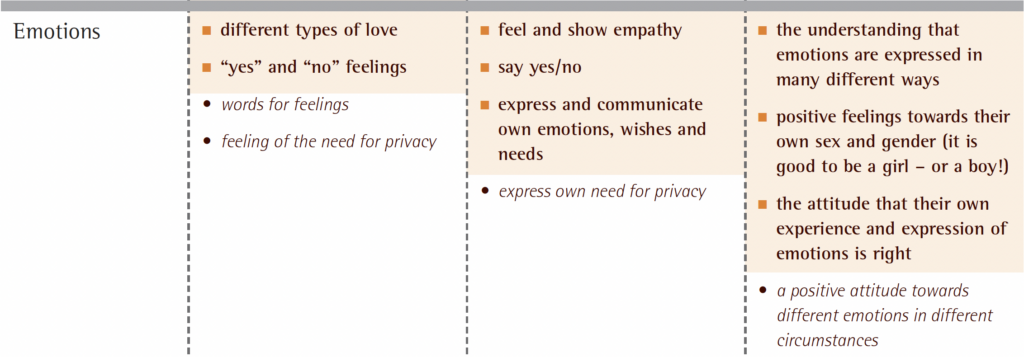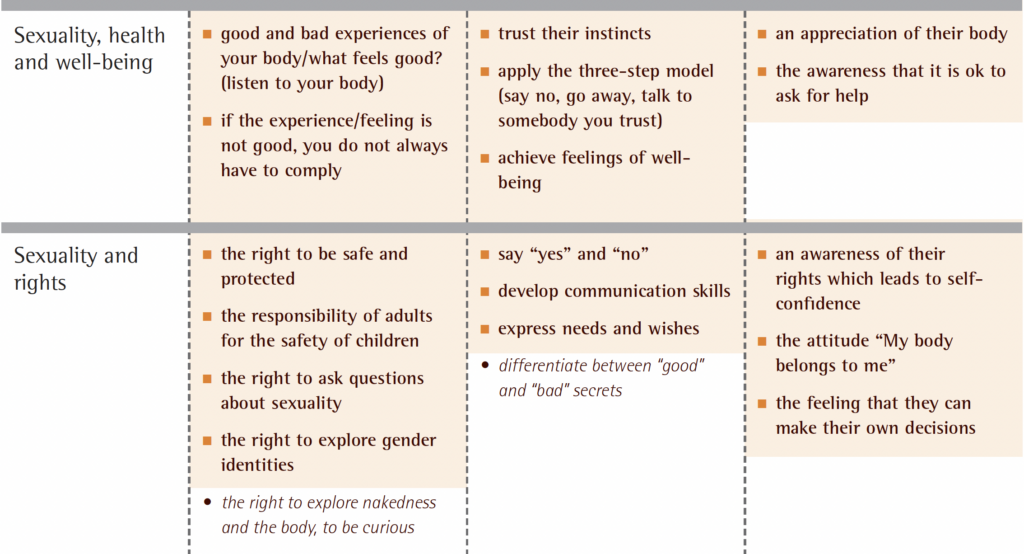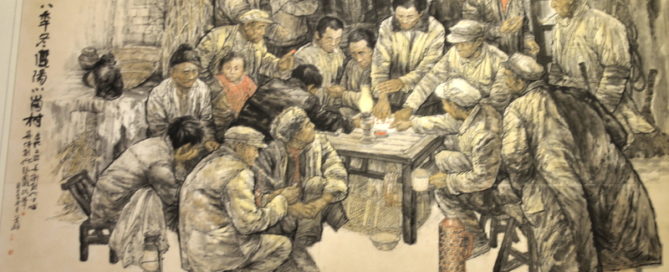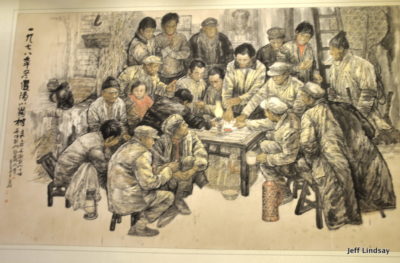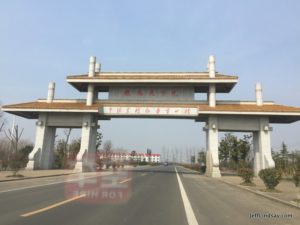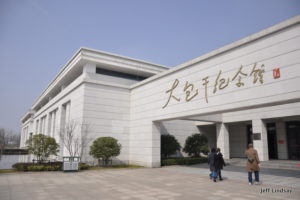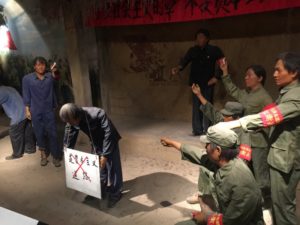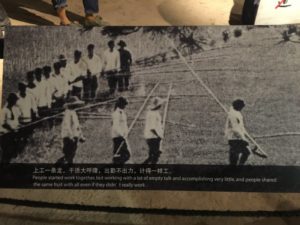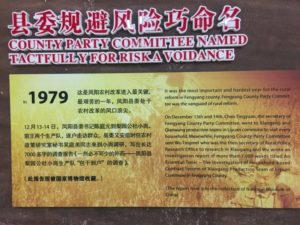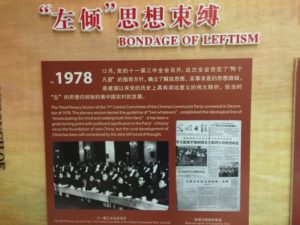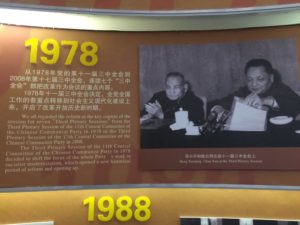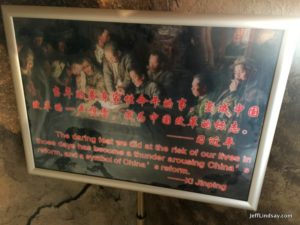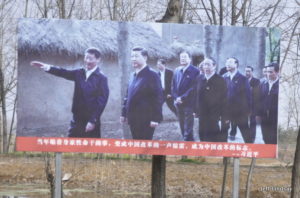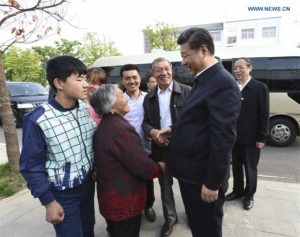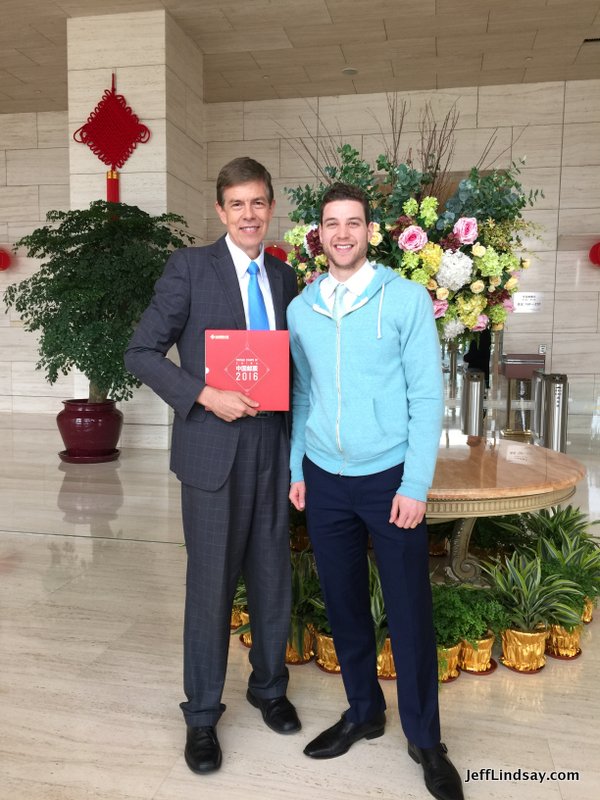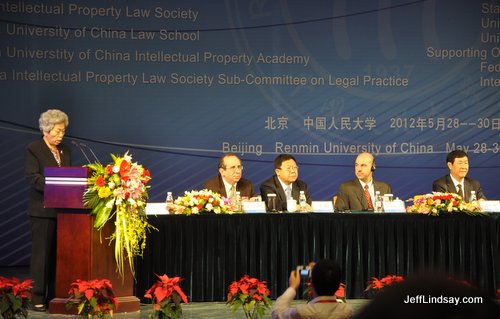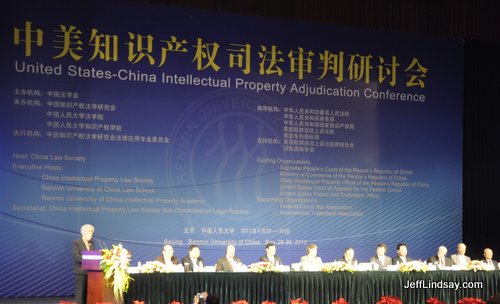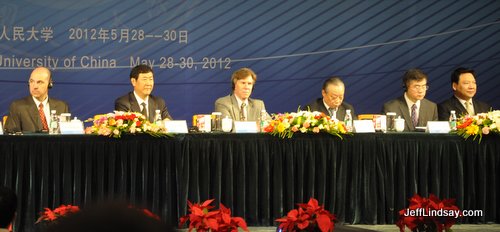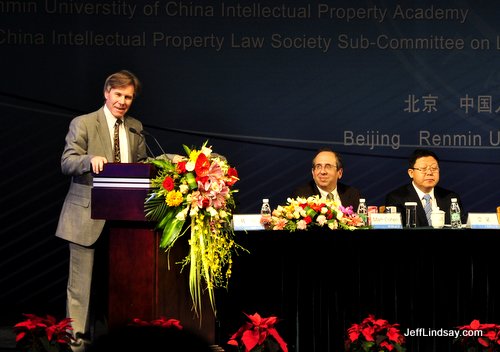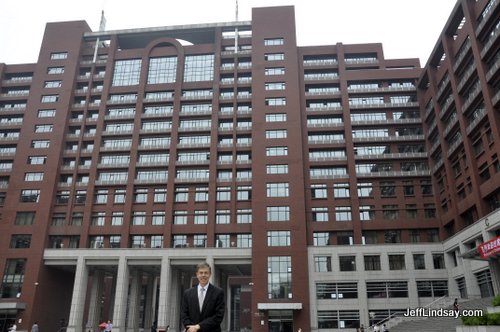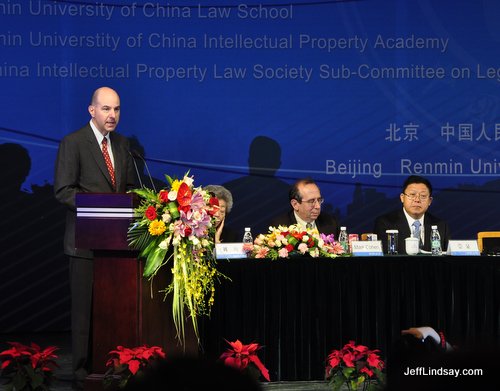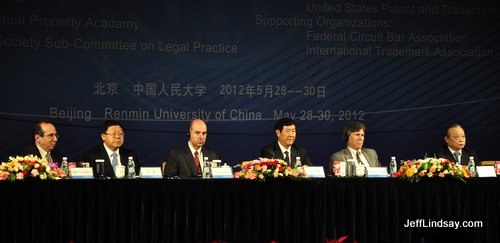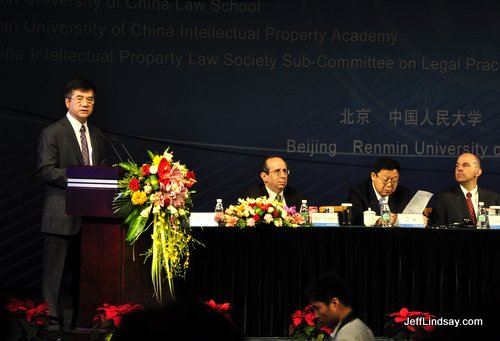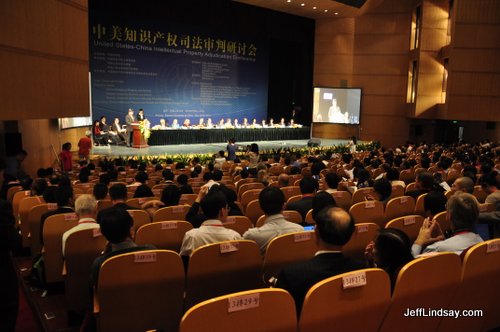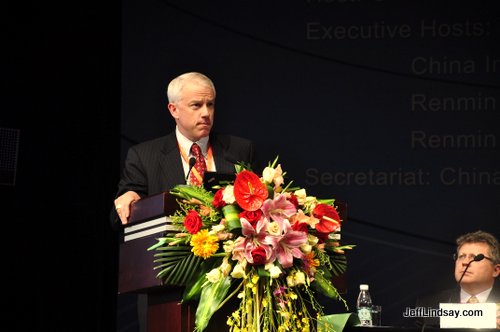The Dark Side of a Once Respected Organization: WHO’s Guidelines on Sex Education in Europe Pose a Genuine Threat to Children
Many people are increasingly mistrustful of local or national government over abuses regarding free speech, excessive spending, corruption, or other misdeeds, and may naturally be even more skeptical of global agencies seeking to influence or control multiple nations, especially when those agencies seem to be aligned with forces or nations that oppose the principles of freedom enshrined in the US Constitution. But how can any of us maintain any trust in the once-respected World Health Organization in light of what they are pushing regarding sex education for our children? Their new standards seem to undermine parent-child relationship and urge adult educators to indoctrinate children in their earliest years (0 to 4) with teachings about the childhood masturbation, gender identity, and sexual rights that may be completely counter to the desires of marginalized parents.
The WHO Collaborating Centre for Sexual and Reproductive Health on their page, “Standards for Sexuality Education,” has links to their new PDF document in multiple languages on sex education guidelines for Europe. The link to the English PDF is at https://www.bzga-whocc.de/fileadmin/user_upload/BZgA_Standards_English.pdf.
Here is some explanation from “Standards for Sexuality Education“:
The framework Standards for Sexuality Education in Europe (Standards) presents the concept for holistic sexuality education and includes information on the themes relevant for children and adolescents in the various age groups.
The Standards provide practical guidance for preparing proper curricula. They can also be used to support arguments for introducing holistic sexuality education in the European countries of the WHO Region.
Target groups: political stakeholders, healthcare authorities, and professionals working in the fields of education and healthcare.
Parents are not listed among the target groups, possibly because most parents would be shocked to see what the elites behind this document think is appropriate for young children. While may be some good ideas in these standards, there are dangerous elements that may be harmful for children. Let’s look at the “matrix” provided for the youngest age group, zero to four years. The portion of the “matrix” on sexuality for ages zero to four years comes from page 40 of the English PDF document, “Standards for Sexuality Education in Europe“:
I’ll also show three more sections from pages 40-41, again for the very youngest group of children:
Here is a table with three of these sections in case the image is hard to read (emphasis mine):
| 0-4 [Years] |
Information |
Skills |
Attitudes |
|---|---|---|---|
| Sexuality |
|
|
|
| Sexuality, health and well-being |
|
|
|
| Sexuality and rights |
|
|
|
Notice how many times parents are mentioned in these guidelines. Noticed how many times educators are encouraged to tell children to turn to their parents for guidance and help.
So the WHO wants various strangers in schools and perhaps other institutions talking to toddlers about masturbation? And their “right” to explore various gender identities? Do we want random adults to teach our kids that the standard for what is good or bad is what feels good? That’s how you tell right from wrong and decide when to say yes or no? Do we want these adults telling little kids that “physical closeness” from someone else (say, a coach, teacher, or other authority figure) is just a healthy expression of love and affection? And that they “do not always have to comply” IF it doesn’t feel good?
When I quoted a couple of these items to an alert mother I trust, her immediate response was, “They’re groomers!” She was outraged. And that’s when it hit me: these guidelines are hard to fathom as just accidental foolishness from over-educated elites who don’t understand the threats our children face, which was how I was tempted to view it initially. Rather, the guidelines make more sense if they are coming from people who are disconnected from the challenges and joys of family life and parenthood, who think the State needs to take over the role of parents to transform and reprogram children, unaware of the harm to children that such an approach can bring. It’s also possible some of the people behind this effort may sense some kind of benefit from corrupting children, whether they are groomers, profiteers, Marxist radicals seeking to destroy religion and middle-class opposition, or just bitter sociopaths. These are not the things that normal healthy people with a respect for the institution of the family would push onto children. Something is very wrong here.
One of the things that is wrong is downplaying the role of parents, if not overriding the duty of parents to shape and guide their children. On page 40, the document recognizes the “informal role” of parents in sex education and also note their general inability in Europe to opt out of sex education for their kids, which is fine for parents, we are told, because they aren’t comfortable doing it themselves. The existence of parents is acknowledged in several places, mostly to indicate their need to be supportive, but the “matrix” of guidelines for various age groups essentially ignores their fundamental role and rights in sex education. It’s obvious that this document is all about other adults, all tools of the State, shaping the views and behavior of children in all aspects of sexuality from their earliest days into adulthood. Of course, this is already happening in many parts of the world and in the US. Do parents understand that adequately? Do they understand what can go wrong?
One of the key tools for actual groomers and pedophiles is to encourage children to keep secrets from their parents and to trust other adults rather than mom and dad. Here we have guidelines that totally leave parents out and will obviously go against the wishes of many parents. The instructors are being told to help kids know that there are “good secrets” that they can have with respect to sexuality — no need to tell parents about any of this, right? They are told to turn to “somebody” that they trust when they have questions or concerns, say some non-parental authority figure, perhaps? After all, it’s their body and they can make their own decisions at ages 3 or 4 (like deciding if one is a girl or boy — again, no recognition of parents having any role in such vital decisions). They tell children that masturbation and physical closeness with others (adults other than parents?) is normal and pleasurable and that the standard to follow is not any form of absolute morality, rules from parents, or principles from one’s faith, but whether something feels good or not. But no need to worry about groomers, for the kids will also be told that if something doesn’t feel good, they don’t always have to comply. Not always! So there’s that safety valve.
Parents are right to wonder what a molester or groomer could do with these guidelines. But even if the schools only hire moral, decent teachers and coaches, if they follow these guidelines, great harm can still done through what is taught and how it’s taught. Having kids at age three or four learn about masturbation is sick. Having them get used to talking to random adults other than mom or dad about sexuality is wrong. The guidelines read like a handbook for groomers. Is there a more charitable but accurate way to put it?
No, I am not saying anything about any alleged conspiracies of pedophiles, but there is such a thing as pedophiles, and there is such a thing as danger to children, and when what is being taught to children undermines the protective principles that wise parents want to teach, then something very ugly is taking place. I am also not saying that any of the motivation for the WHO to support the push to have young children question their gender has anything to do with powerful companies that make huge profits by convincing young people that they need drugs or surgery for the lengthy and expensive process of transitioning, though that is probably something worth exploring. I don’t know the motives behind the guidelines — that may be the field of wild conspiracy theorists — but I can see what the guidelines are and can recognize that there is great evil and danger in what they are doing. No conspiracy theories about vile secret societies are needed. The public actions of this vile public organization are enough for all of us to object.
Perhaps some corruption and greed or perversion is behind these guidelines and some of the movements that all seem aligned along a common deviant direction. Perhaps we need to explore the funding of the WHO and who influences it. But just because, say, a rich billionaire with some ties to, say, Jeffrey Epstein or other perverts could theoretically be a WHO influencer and major funder absolutely does not mean that some secret shenanigans were at play. Nor does the involvement of people associated with the abortion industry such as the International Planned Parenthood Federation (IPPF), who provided some of the sexual “rights” alluded to in the document, mean that the interests of that industry are being served. But there may be fruitful data somewhere to help us understand why such troubling agendas are being pushed from so many angles.
Many parents in schools across the country have become alarmed at the content their children are being exposed to, whether it’s from once-trusted entertainment sources, “family friendly” activities with gyrating drag queens, classroom and media indoctrination regarding sexuality, encouragement for little kids to identify as the opposite gender without letting parents know, and teaching such blatantly unscientific doctrines as “doctors just guess your gender at birth.” It seems like many aspects of our society, from the schools to movie makers to the US government are suddenly supporting radical doctrines on sexuality that can have harmful effects on young people. Now we see WHO coming out to push nations to accelerate the efforts to change the mindset of children in ways that will make parents less influential in the crucial area of preparing children for their roles in life. For those villains who genuinely delight in corrupting children, these standards may play into their desires or lusts. There is genuine cause for concern.
But wait — this document is for Europe. This kind of thing, woke sexual ideology being pushed on kids without the ability for parents to opt out, that isn’t about to happen in the US, right? Tell that to the parents of, for example, Montgomery County, Maryland, where Muslim and Christian parents, including Latter-day Saints, found that the school district rescinded the right to opt out when too many parents objected to the pro-LGBTQ ideology was being pushed on very young children. A broad coalition of parents sued, claiming that their freedom of religion and parental rights were being threatened, but a Federal judge didn’t see any problem and upheld the power of the school district to trample parental rights. It’s a telling example of the use of the power of the State to compel objectionable ideology being imposed on children against the wishes of patents. It’s going to get worse if you remain silent and inattentive. Why has this become such a huge movement in the West? Is this just a random fluctuation in social norms, or is something deeper going on? That’s a topic for further research and study, but it’s not a healthy sign.
One step for today is to prepare your children for the indoctrination they will face. Make sure they understand the importance of families, the sanctity of life, the divine gift of sexuality that God has given us, and the sorrows and loss that sexual immorality brings. Give them the tools to resist the teachings of the world and to understand the importance of morality, of turning to parents rather than strangers to get answers about some of the most vital and sensitive issues in life. Talk to your children about the unscientific lies and distortions they will hear in years to come and give them knowledge and faith to resist. For those of you who share my faith as a member of The Church of Jesus Christ of Latter-day Saints, teach them frequently from the inspired principles in “The Family: A Proclamation to the World.”
Being involved in your community can also make a difference. Speaking out, teaching, and sharing information can help.
Let’s not despair and do more to support that which is good and resist that which is evil. But wow, I never thought I’d see such vile material coming from the once-respected WHO. Who’s running the show over there?

